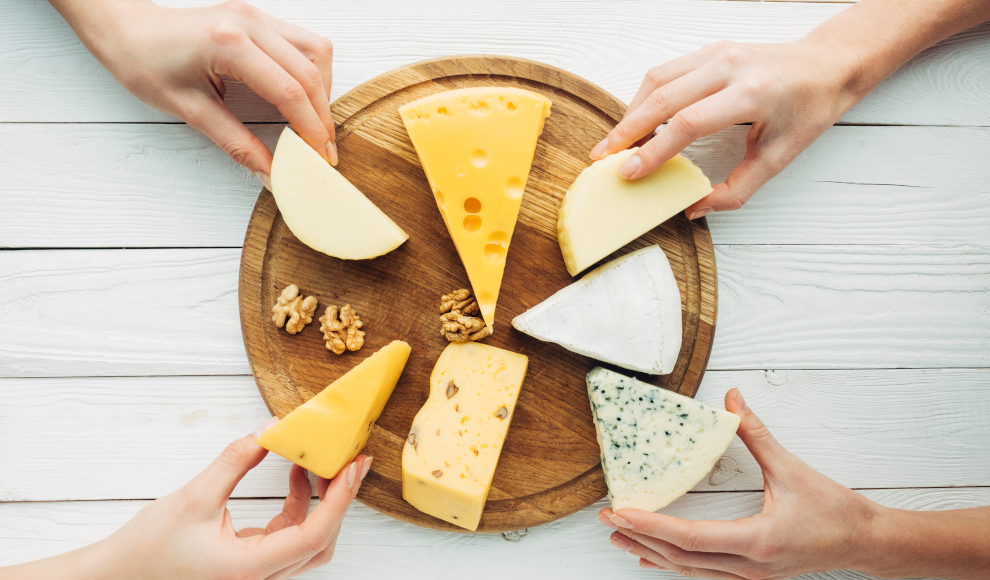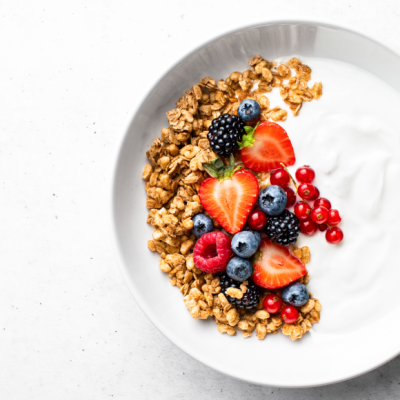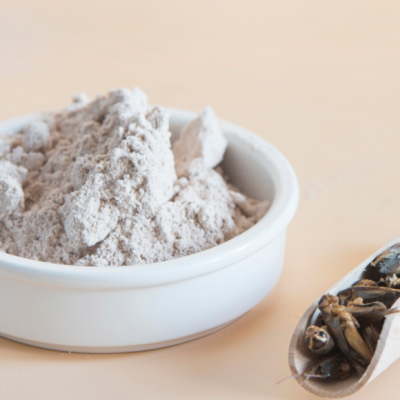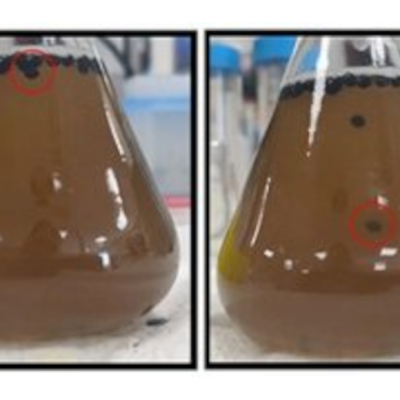Plant-based cheese has traditionally contained many additives. However, thanks to an ancient technique, the taste and texture of milk-based cheese can now be replicated without these additives. Researchers at the University of Copenhagen have developed a cheese made from yellow pea proteins with a firm texture and improved aroma profile. They achieved this by using the natural fermentation process with bacteria, an ancient method that humans have used for thousands of years in cheese production from milk. The results build on a study from last year, which found that yellow peas are a good protein base for the production of plant-based cheese.
In recent years, more and more people have decided to give up meat and other animal products. As a result, there are now various alternatives, such as plant-based yogurts, some of which, according to a study by the University of Massachusetts, surpass milk yogurts in nutrient density. Additionally, various companies offer plant-based cheese based on protein-rich plants such as peas and beans. However, to achieve the taste and sensory properties of milk-based cheese, additives such as coconut oil, starch, and flavorings have been necessary because plant proteins behave differently than milk proteins.
The researchers at the University of Copenhagen have found that fermentation is a powerful tool to develop taste and texture in plant-based cheese. They used bacteria to develop firmness in milk-free cheese in a very short time, while reducing the bean-like aroma of yellow pea protein, which is used as the main and only protein source. The process of fermentation has been used since ancient times for the production of beer, wine, bread, yogurt, and cheese. Today, fermentation is an integral part of food production and is used worldwide to produce a variety of foods and beverages.










